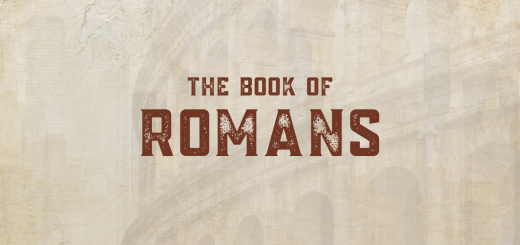Genesis among other Stories
By Dr Quek Tze-Ming
As we reach the Flood Narrative in our sermons, it’s worth revisiting an idea we’ve already touched on earlier: Genesis is NOT the only story in the region and around the same time period that speaks of the creation of the world. Neither is Genesis the only story that speaks of a flood that destroys much of the earth and humanity.
The Epic of Gilgamesh is a Sumerian story about Gilgamesh, a king of Uruk c. 2100 B.C. Tablet 11 relates how thegods sent a great flood on the earth. One of the gods saved a man named Utnapishtim by giving him precise dimensions to build a boat, sealing it with pitch. His household went aboard together with the animals. The subsequent storm caused the terrified gods to return to the heavens, and many of them wept at the destruction. The boat eventually landed on a mountain. When one of the birds released by Utnapishtim failed to return, he opened the boat and let the inhabitants out, and offered a sacrifice to the gods. The god Enlil who instigated the flood then came to the gathered gods, angry that there should be survivors. But the other gods reprimanded Enlil for sending such disproportionate punishment. Finally Utnapishtim and his wife are blessed and rewarded with eternal life.
Perhaps some of us feel troubled by the existence of such other stories. Don’t they detract from Genesis as God’s special revelation? Is Genesis copying them? Doesn’t this make us doubt Genesis as God’s Word?
No. Genesis is God’s Word precisely because it counters other stories by telling us a better story. “This is how it really happened,” Genesis says, “Think about it in this way, and you will understand more truly why the world is the way it is, and you will see more clearly who the LORD God is.”
Genesis tells us that the Flood is not due to an over-reaction by gods annoyed by noisy humans, nor something that results in unintended results, nor something that occasions disagreement between argumentative gods. Genesis’ Flood asserts there is One God who is ruler over all that He has made. The Flood demonstrates God’s commitment to justice, His settled anger against anything that defaces His good creation. This is how serious and pervasive sin is, this is how much God is against it. The Flood also shows God’s mercy, pointing towards how God will save the world through His own initiative. This is what God promised, this is how eternal life comes, and God will do it.
As Old Testament scholar Gerhard von Rad put it when comparing Genesis story with Gilgamesh flood, “[T]he biblical story of the Flood has been made a witness to the judgment and grace of the living God.”[1]
[1] Gerhard von Rad, Genesis: A Commentary, trans. John H. Marks, rev. ed., OTL (London: SCM, 1972 [German 9th ed., 1972]), 124.







